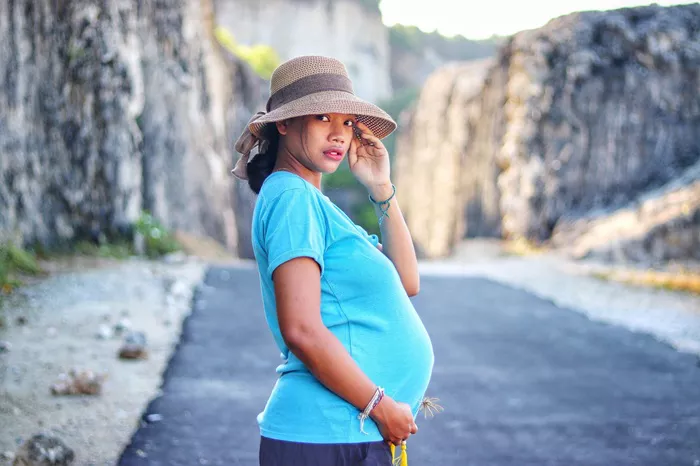As Diana Zalazar approached her 15th birthday, she found that the quinceañera dress she had chosen no longer fit. A doctor discovered that the 14-year-old was six months pregnant, a shocking revelation since she had only recently had sex for the first time and was unaware of the possibility of pregnancy.
Zalazar’s experience reflects a broader issue in Paraguay, which has the highest teenage pregnancy rate in South America. Many young mothers in the country attribute their pregnancies to a lack of comprehensive sex education and open discussions about sex, with national sex education programs often limited to basic hygiene.
Now 39, Zalazar has transitioned from a state of sexual ignorance and shame to becoming an advocate for children’s rights. Despite these changes in her life, Paraguay’s sex education system has remained largely unchanged until recently. The Ministry of Education has now introduced a new national sex education curriculum. However, this development has caused significant concern among sexual health educators and feminists, while conservative groups celebrate.
The new curriculum focuses on abstinence, portrays sex as a concept meant for married couples, and criticizes the effectiveness of condoms. It does not address sexual orientation or identity. Miguel Ortigoza, an evangelical pastor and a major supporter of the curriculum, argues that the strong Judeo-Christian culture in Paraguay has led to resistance against any content that contradicts traditional values.
Paraguay already has some of the world’s strictest abortion laws, which allow no exceptions except when the mother’s life is in danger, even in cases of incest or rape. The country’s history under the conservative Colorado party, which has governed for 76 of the past 80 years, contributes to the current political climate. This party, including during a period of dictatorship sympathetic to Adolf Hitler, has shaped the country’s conservative stance.
In 2017, Paraguay became the first country to ban discussions about gender identity in schools. Now, the new sex education curriculum has become a major national issue.
Education Minister Luis Fernando Ramirez has downplayed the controversy, emphasizing that there is still time to revise the curriculum before it is fully implemented. He assured lawmakers that no state funds have been used yet and urged a more thorough review before making final judgments.
The curriculum, titled “12 Sciences of Sexuality and Affectivity Education,” will be piloted in five eastern regions before being rolled out nationwide. Parents’ rights groups support the curriculum, praising its focus on morals and healthy relationships. However, critics argue that it reinforces outdated gender norms and sexist stereotypes. For instance, it suggests that masturbation leads to “frustration and isolation,” portrays marital love as eternal, and implies that girls should be cautious about their attire affecting men’s behavior.
The curriculum also emphasizes obedience to parents and authorities, which has raised concerns among some participants in recent workshops. Liliana, a 13-year-old who became pregnant after being raped by her stepfather, shared that she was threatened by her family and received no support.
As global conservative movements gain momentum, Paraguayan lawmakers have found a platform in opposing what they view as a Western agenda to alter traditional values regarding gender and sexuality.


